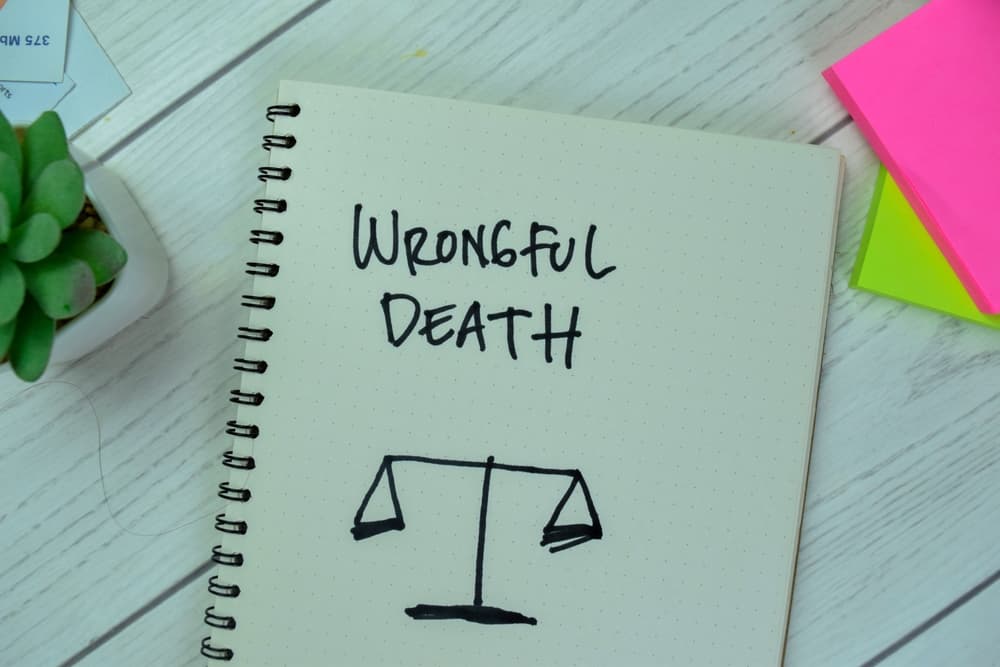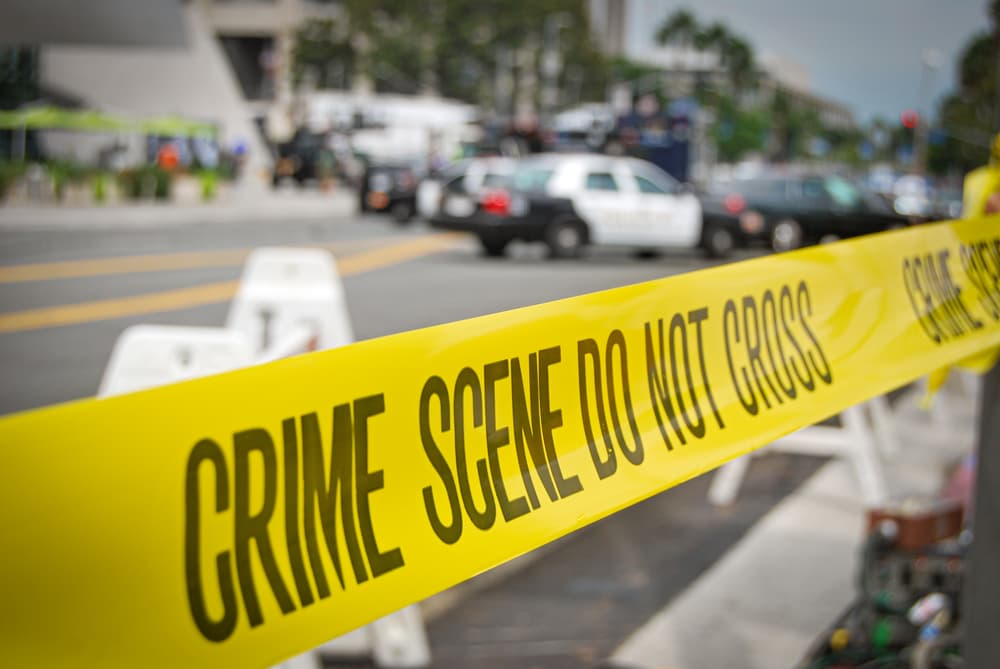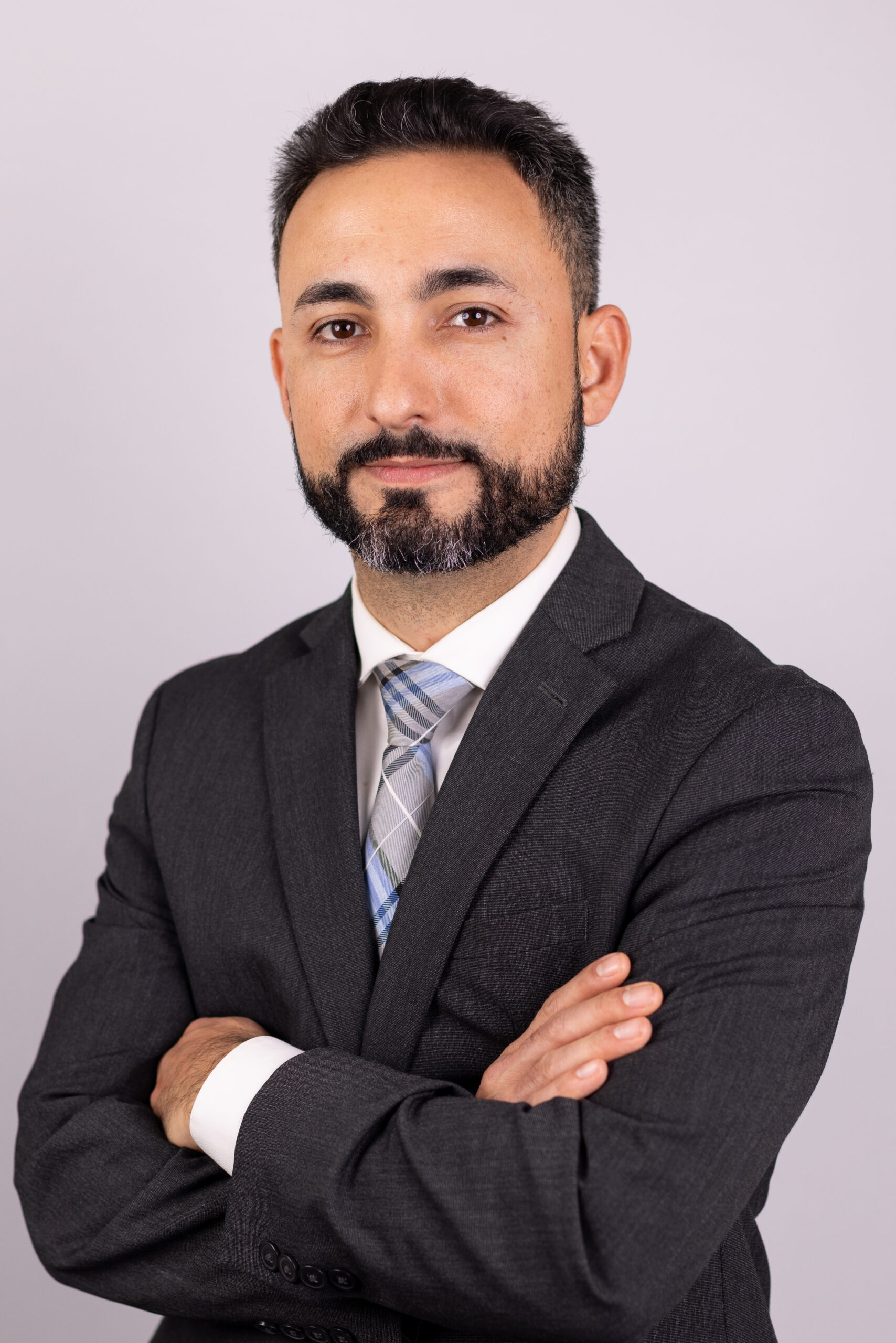Wrongful death claims arise when a person dies due to the negligence or misconduct of another party. These claims seek to hold the responsible party accountable and provide compensation to the deceased’s surviving family for their loss.
In the United States, wrongful death claims are governed by state law, so the specific requirements and processes can vary. However, common elements generally need to be established to prove a wrongful death claim.
When you lose a loved one, it’s best to consult with a local wrongful death lawyer for guidance and support. A skilled attorney can take on your case and handle all important aspects, including proving essential elements of your claim.
Understanding Wrongful Death

Wrongful death occurs when the negligence, recklessness, or intentional act of another party causes a person’s death. The legal basis for wrongful death claims is to compensate the survivors for their loss, which can include both economic and non-economic losses.
These claims are civil and are distinct from criminal proceedings, which are initiated by the state. In this civil case, the plaintiff is attempting to hold the defendant liable for their wrongdoing, as opposed to a criminal case, where the state is trying to show the defendant’s guilt.
Determining Who’s Able to File a Wrongful Death Claim
One of the most important details to remember about wrongful death claims is that only certain parties are entitled to file these types of claims. Turning to your state’s laws is necessary to determine who can file the case.
In certain states, like Florida, only the victim’s personal representative can file this type of case to benefit the surviving family members and dependents. Alternatively, certain family members, like spouses and children, can bring forth the action in other states, like Georgia.
If you’re looking to file a wrongful death claim, an attorney with experience in wrongful death can provide more information concerning your state’s laws and who is allowed to file your claim.
Situations that Commonly Result in Wrongful Death
A death can result from various scenarios. Some of the common incidents that often result in wrongful death include:
- Car accidents
- Trucking collisions
- Motorcycle crashes
- Pedestrian accidents
- Bicycle crashes
- Medical malpractice
- Slip and falls
- Use of a defective product
- Criminal conduct
Every situation is unique and involves different facts. If your loved one has died after an accident or incident at the hands of another, speak with a wrongful death attorney. A lawyer can determine whether you have a viable wrongful death claim and map out the next steps to proceed with your journey to compensation.
Who Can Be Liable for a Wrongful Death?
One of the critical parts of a wrongful death claim is determining who is at fault. Liability depends on the cause of the victim’s death, but can include:
- Healthcare providers, including doctors and nurses
- Medical facilities, like hospitals and rehabilitation centers
- Drivers
- Drivers’ employers
- Maintenance and repair companies
- Product designers and manufacturers
- Governmental entities
In some cases, a wrongful death is the fault of one party alone, while in others, multiple parties share the responsibility. Determining who is at fault for a wrongful death is key, as this helps dictate what is needed to prove your claim.
Essential Elements of a Wrongful Death Claim

Generally, to have a wrongful death claim, you need a death caused by the defendant’s wrongdoing that resulted in damages. If the death was caused by negligence, you need to prove the four essential elements of negligence: duty, breach, causation, and damages.
The plaintiff must establish these elements to succeed in a wrongful death claim.
Duty of Care
The plaintiff must demonstrate that the defendant owed a duty of care to the victim. Duty of care is a legal obligation to act with a standard of care that a reasonable person would exercise under similar circumstances.
For example, in a medical malpractice case, doctors have a duty to provide a high level of care to their patients. In a car accident case, drivers have a duty to follow traffic laws and drive safely.
Breach of Duty
The next step is proving that the defendant breached this duty of care. A breach occurs when the defendant’s actions (or lack of action) fall short of what is expected of a reasonably prudent person.
For instance, in a slip and fall case, the property owner might be found to have breached their duty if they failed to repair a hazardous condition. In a product liability case, a manufacturer may be liable if they produced a defective product that caused the death.
Causation
Causation links the defendant’s breach directly to the death. The plaintiff must show that the breach was a direct cause of the deceased’s death, meaning that the death would not have occurred but for the defendant’s actions or omissions. There are two types of causation: actual causation and proximate causation.
Actual causation, or “cause in fact,” requires proving that the defendant’s actions were a substantial factor in causing the death. Often, the “but for” test is used – but for the defendant’s actions, the victim would not have died.
Proximate causation requires establishing that the death was a foreseeable consequence of the defendant’s actions. Proximate causation addresses whether the harm was a predictable result of the defendant’s conduct.
Damages
Finally, the plaintiff must demonstrate that damages resulted from the death. Damages in a wrongful death claim can be economic and non-economic.
Economic damages represent tangible losses that are easier to prove with adequate evidence, including funeral and burial costs, medical expenses, and loss of the victim’s future earnings. On the other hand, non-economic damages represent intangible losses, which are subjective and not as simple to prove, including pain and suffering, loss of consortium, and loss of support.
Burden of Proof for Wrongful Death Cases
The burden of proof means a party’s obligation to prove each required element of their claim. Because a wrongful death claim is a civil case and not a criminal case, the burden of proof is lower. The plaintiff has the burden of proof to prove their claim and find the defendant liable.
The burden of proof for wrongful death cases is “by a preponderance of the evidence,” meaning that something is more likely true than not. So, in a wrongful death case, you have the burden of proving it is more likely true than not true that the defendant caused your loved one’s death.
Consequences if the Defendant is Found Liable in a Wrongful Death Case

In a criminal case, the burden of proof is higher because much more is at stake. If the defendant is found guilty of death, they face serious repercussions, including prison time and monetary penalties.
In a civil lawsuit, the defendant only has money to lose. If the defendant is found liable for wrongful death, they’re financially liable and must pay the surviving family members for the losses resulting from their loved one’s death. Depending on the circumstances, the defendant may need to pay, or their insurance company may need to pay if they’re insured.
Evidence Used to Prove Wrongful Death
Proving a wrongful death claim requires substantial evidence. The type and amount of evidence needed can vary based on the case’s specifics but generally includes the following.
Medical Records
Medical records are vital in establishing the cause of death and connecting it to the defendant’s actions. These records include hospital records, doctors’ notes, and autopsy reports.
Witness Testimonies
Witnesses can provide critical information about the circumstances leading up to the death. Eyewitnesses might describe the defendant’s behavior or the conditions that led to the unfortunate incident.
Expert Testimonies
In complex cases, expert witnesses may be needed to provide professional opinions on the standard of care, causation, and damages. For example, medical experts can explain how the defendant’s actions caused the death, while financial experts can help quantify economic losses.
Incident Reports and Documentation
Police reports, accident reports, and other official documents can provide detailed accounts of incidents involving accidents or criminal activity.
Photos and Videos
Photographic and video evidence can help illustrate the circumstances of the death or the condition of the scene.
Calculating the Value of a Wrongful Death Claim
To ensure you receive the compensation you’re entitled to, it’s necessary to thoroughly evaluate the situation and review several critical factors. Certain details can influence the value of a wrongful death claim, such as:
- The age and health of the victim at the time of their death
- The victim’s education and occupation
- The future earning potential of the victim
- The victim’s dependents’ ages and needs
- The total cost of the victim’s medical treatment
- Whether the victim suffered before their passing
There is no average settlement victims’ families can expect to receive since every case varies greatly. These and other details can impact how much a wrongful death claim is worth. Your wrongful death attorney can provide clarity concerning their calculations of your wrongful death damages.
How the Statute of Limitations Affects Wrongful Death Claims
Following a loved one’s death at the hands of another, you have the right to pursue justice and compensation. However, it’s vital to note there is only a short window of time to take action.
A statute of limitations is a law that restricts the time a plaintiff (in this case, the victim’s personal representative or family member) has to file their claim in court. While wrongful death cases are a type of personal injury case, the statute of limitations period is usually shorter. Each state’s statute is different, but this period typically ranges from one to three years from the date of the victim’s death.
If you miss your window to file your claim, this can substantially impact your case. Letting the statutory period lapse can mean forfeiting your rights to justice and monetary recovery, meaning you wouldn’t have the opportunity to prove your loved one’s wrongful death.
Don’t risk missing your chance to recover justly for your loved one’s untimely death. As soon as you’re able, seek legal assistance to begin working on your claim.
Do I Need a Lawyer to Prove Wrongful Death?
By law, you are not required to have legal counsel represent you during your wrongful death claim. However, having a strong lawyer is best if you want the best outcome for your case.

When you hire a wrongful death attorney, you’re securing an ally and legal advocate. Your wrongful death lawyer will take on your case and handle all case-related tasks, from investigating your accident and calculating your damages to negotiating for a fair settlement and representing you in court.
Along with their many tasks, your wrongful death attorney can gather pertinent evidence to strengthen your claim and prove cause, liability, and losses.
Dealing with the death of a loved one can be overwhelming as it is without having to worry about handling your legal claim. A wrongful death attorney understands the challenges you face and is available to provide the care, guidance, and support you need during a trying time. At the same time, your lawyer can fight diligently to protect your rights and get you the favorable case result you deserve.
When You’ve Lost a Loved One, Seek Legal Assistance Right Away
Proving a wrongful death claim involves demonstrating that the defendant owed a duty of care, breached that duty, and directly caused the death, resulting in damages. Gathering robust evidence, understanding requirements, and navigating the legal process are critical to a successful claim.
Given the emotional and financial stakes, working with a knowledgeable attorney is beneficial to ensure your claim is thoroughly investigated and effectively presented. Remember, you don't have to go through this difficult time alone. With the help of a compassionate and skilled personal injury attorney, you can focus on healing while they work tirelessly to hold the responsible parties accountable and secure the compensation you and your family deserve.
If you’ve lost a loved one due to another party’s negligence and are considering a wrongful death claim, seeking legal advice is a crucial first step. An attorney can give you what you need to proceed with this challenging and often painful process, helping to secure justice and compensation for the loss you’ve endured.
We proudly serve Hillsborough County, Pinellas County, Pasco County, Polk County, and its surrounding areas in Florida:
Apex Law Firm - Tampa Office
412 E Madison St Suite 1206, Tampa, FL 33602
(813) 212-0955


